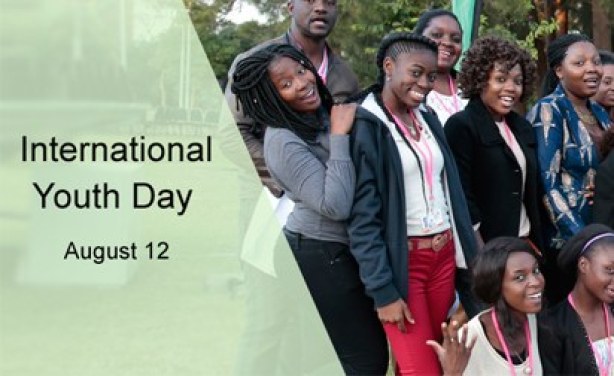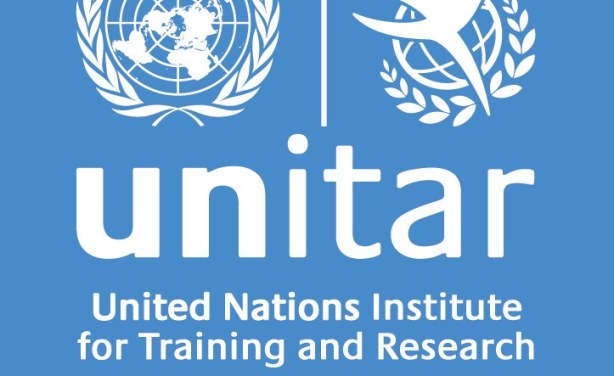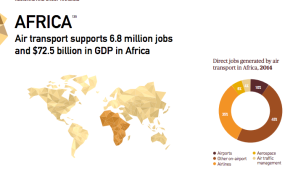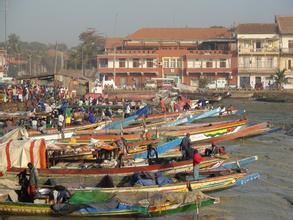The focus of this year’s International Youth Day (IYD), to be observed on August 12, 2016, resonates with the African Development Bank’s key efforts that recognise the role of young people in sustainable development.
Under the theme, The Road to 2030: Eradicating Poverty and Achieving Sustainable Consumption and Production, the 2016 IYD is about achieving the 2030 Agenda for Sustainable Development. It emphasises the leading role of young people in ensuring poverty eradication and achieving sustainable development through sustainable consumption and production.
The Bank’s recently launched Jobs for Youth in Africa (JfYA) strategy underscores the importance of Africa “to promote transformative and inclusive development, where the youth are the drivers of the required transformation and are responsible for their own positive economic and social outcomes”. The initiative is expected to reduce poverty, inequality, as well as economic and conflict-driven migration, increasing social cohesion and political stability. “The future of our young people does not belong at the bottom of the Mediterranean Sea. It lies in us tapping their talents and putting our resources to support them,” President Akinwumi Adesina said earlier.
The strategy will see the Bank invest US $5 billion over the next 10 years to create 25 million new jobs. These investments are expected to open opportunities for 50 million young people through skills development, and job creation in Agriculture, Industry and ICT. The initiative is expected to generate over US $30 billion in income gains for Africa in the next 10 years.
The agriculture sector, according to President Adesina, offers numerous opportunities for job creation for Africa’s youth. “Agriculture is the future for Africa. We must make agriculture exciting for the youth; and we must stop looking at agriculture as a way of life, as a sector that manages poverty. Agriculture is a business; in fact it is the biggest business in the world,” he said in an address to an ENABLE Youth workshop held in Nigeria in April 2016.
ENABLE (Empowering Novel Agri-Business Led Employment) Youth is an AfDB-led initiative that aims at promoting youth entrepreneurship in agriculture and agri-business. Under the program, the Bank will train the next generation of agriculture entrepreneurs, also referred to as ‘agri-preneurs’. It seeks to launch 300,000 agribusinesses and create 1.5 million jobs across 30 nations over the next five years. A number of countries have already expressed interest in the initiative.
The AfDB, through its East Africa Regional Resource Centre (EARC), is currently in discussion with the Kenya government on how to train youth in agribusiness and develop proposals on bankable projects that can be funded by the Bank, according to the Gabriel Negatu, the EARC Director.
Both ENABLE Youth and the JfYA approaches feed into the Bank’s top development priorities, the High 5s, especially “Feed Africa” and “Improve the quality of life for the people of Africa.









